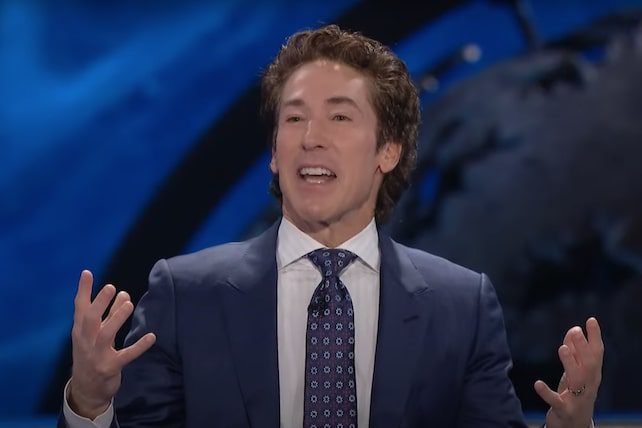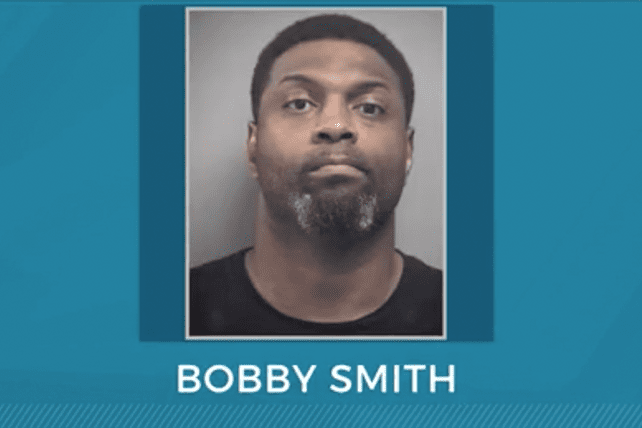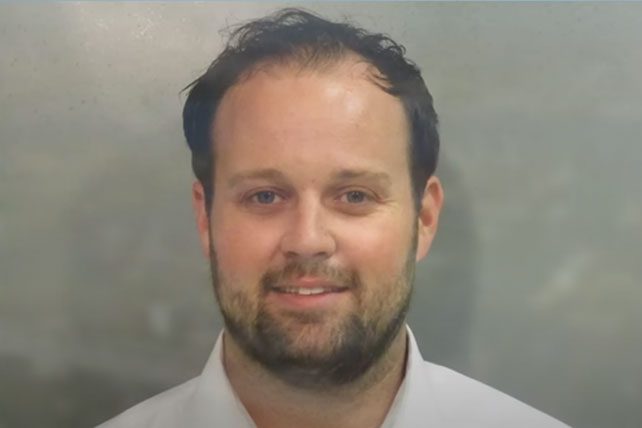(RNS) — Nearly three years ago, Bishop Stewart Ruch of the Anglican Church in North America’s Upper Midwest Diocese admitted “regrettable errors” in handling sexual abuse allegations against a lay minister, before taking a leave of absence. An acting bishop took over the diocese and another ACNA bishop, Todd Atkinson, was tapped to assist him.
But Ruch’s absence hasn’t quelled the simmering controversy in the diocese, a sliver of the small, theologically conservative denomination that split from the Episcopal Church and the Anglican Church of Canada in 2009 over those two denominations’ acceptance of LGBTQ clergy and marriage for same-sex couples.
On Monday (May 20), a group of ACNA clergy published an open letter expressing concern that there have not been public updates about a promised church trial for Ruch since November 2023. The letter pushes for regular updates on the trial’s progress and for information about why Ruch has not been inhibited, or limited in his duties, because of his alleged laxity in the past.
RELATED: Anglican Denomination Erupts Into Power Struggle After Bishop Stewart Ruch’s Return
On the same day, Atkinson, the assisting bishop, was removed from ordained ministry after a church trial found he had engaged in inappropriate relationships with women and interactions with minors.
Atkinson’s misconduct dates back to at least 2012, six years before he joined ACNA, according to the church court’s order. In 2014, Atkinson began overseeing a Canadian church planting initiative called Via Apostolica that was later grafted into ACNA’s Upper Midwest Diocese in 2020. The church court found Monday that Atkinson repeatedly fostered exploitative relationships with multiple women under the guise of being their “spiritual father.”
According to the court order, Atkinson often gave women extravagant personal gifts worth hundreds of dollars, sometimes with funds from accounts maintained by Via Apostolica. Financial reports show that from fall 2013-2014, Atkinson spent more than $10,000 on gifts for pastors and their wives, including the women he behaved inappropriately with, according to the order.

The Anglican Church in North America logo. (Courtesy image)
Evidence submitted for the trial shows that Atkinson texted women incessantly, sending one more than 11,000 text messages over four months in 2015. The woman reported that Atkinson attempted to give her a ring and family heirloom without his wife’s knowledge, and after church leaders barred him from communicating with the woman, he had a third party deliver 80 pages of his handwritten journal entries to her. Part of the evidence for the trial included a 2016 report that found Atkinson had taken part in a “codependent” and “excessive” relationship that had the “appearance of evil,” according to the order.
Atkinson reportedly targeted women with a history of trauma or abuse, initiating “father-daughter” relationships with them while acting as their priest, bishop and counselor.
“The Court finds credible the testimony from multiple witnesses that the Respondent encouraged a culture where his authority was not to be questioned,” the order says. “The Respondent misused spiritual language to excuse and normalize inappropriate behavior, leveraging ecclesiastical authority in order to coerce, control, and exploit women selected from a similar profile.”
The order also found Atkinson had inappropriate interactions with minors. In one instance, the court found, Atkinson invited a 13-year-old girl to get coffee alone and without her parents’ knowledge, and later hosted her alone for a movie night in his basement. The court said Atkinson’s misdeeds were compounded by the fact that he did not disclose any information about prior complaints against him when he applied to join ACNA in 2018.
Andrew Gross, director of communications for ACNA, applauded the work of the church court. “The Court for the Trial of a Bishop, a group of elected volunteers, did an excellent job producing a sound verdict based upon over 2,000 pages of evidence,” he said, adding, “This case is an example of the Anglican Church in North America structures working well in both the investigative and judicial phases of the process.”



























